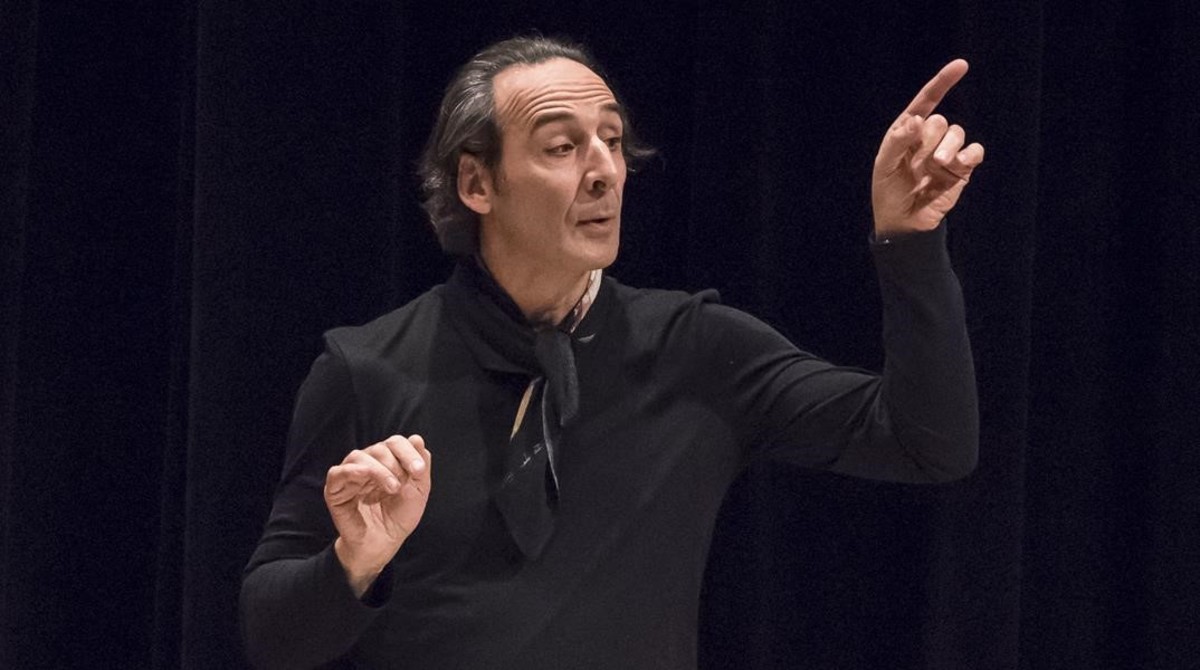A mí
Yanni siempre me ha parecido música new age/étnica comercial, es decir, que va a lo básico y vendible; no niego que pueda ser entretenido, pero a mí no me gusta. Si quieres explorar estos géneros recomiendo:
-
David Arkenstone, también bastante conocido. Los mejores discos los cinco primeros, más Quest of Dream Warrior y Return of the Guardians. Luego le perdí el rastro y tiene infinidad de álbumes, así que no sé cuál más recomendar.
https://rateyourmusic.com/artist/david-arkenstone
-En general cualquiera del sello
Narada. Si encuentras recopilaciones son todas muy acertadas y es buena forma de conocer de golpe a varios músicos, pero mis favoritos son
Peter Buffett, David Lanz y
Friedemann.
https://rateyourmusic.com/label/narada/
-
Chris Spheeris, para mí la cumbre del género. En la vertiente new age/electrónica, Enchantment es una obra maestra, pero Desires/Desires of the Heart (hubo dos ediciones) no se queda atrás. En la fusión étnica, Dancing With the Muse y Culture son magníficos también.
-Otros como
Himekami, Bill Douglas, Joel Fajerman, Ray Lynch...
-En España tenemos un grande con
Javier Paxariño. Es new age, fusión, jazz, medieval, árabe... Único.
-Puedes probar también
Nightnoise, new age + celta. De calidad, no como el aburrido Voyager de
Mike Oldfield 
Y creo que ninguno salvo
Oldfield ha hecho bandas sonoras, así que pido perdón por el off topic


No he puesto videos de youtube para no alargar y porque es fácil buscar ahí.

 ¡Bienvenido a mundodvd! Regístrate ahora y accede a todos los contenidos de la web. El registro es totalmente gratuito y obtendrás muchas ventajas.
¡Bienvenido a mundodvd! Regístrate ahora y accede a todos los contenidos de la web. El registro es totalmente gratuito y obtendrás muchas ventajas.


 LinkBack URL
LinkBack URL About LinkBacks
About LinkBacks

 Citar
Citar


 .
.

 No he puesto videos de youtube para no alargar y porque es fácil buscar ahí.
No he puesto videos de youtube para no alargar y porque es fácil buscar ahí.



